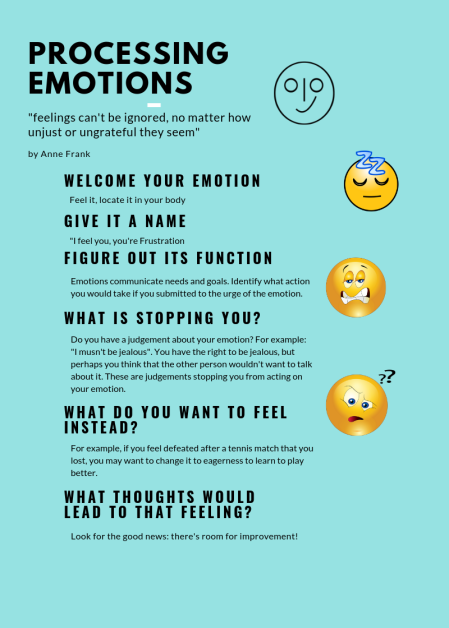I’m worried, just like many other parents, that my kids miss out on important things when they choose to play computer games instead of pursuing other activities. When I see them play tennis or make music together, I feel happy and proud, but when I see them with their phones or controllers, I feel compelled to instantly assign them a task. But I know I can’t do that, and I don’t want to control them anyway. I want them to be in control instead.
That being said, we all – parents of teens – know that we can’t just let go of the control. It will take a long learning process before you can be certain that they are ready.
To define what it means to be in control when it comes to gaming we carried out an experiment for a period of one week: I asked them to write down every time they play a game why they started to play and how it feels to play. And, in exchange, I promised to stop nagging them for that week.
Here is what I learned from this experiment:

They enjoy playing at most when they play with their friends online. Building in Minecraft, or games that make them laugh are fun too.
On the other hand, they do not enjoy playing when they start it in order to oppress anger or another negative feeling. Then they get annoyed by the game very quickly.
Among the various reasons they mentioned for gaming was avoiding boredom. For them this apparently is just as good a reason as any.
After we looked at all their notes together, I asked them to define what “being in control” means for them. They formed an amazingly clear definition:
You’re in control if you start gaming for a good reason: to have fun. If you start to play for poor reasons, you’re not in control. For instance if you start gaming to postpone a task or to forget about a negative feeling. Furthermore, to be in control you need to be able to stop any time and before you have played too long, which is if you don’t enjoy it anymore.
They do not think that they are in control of their gaming at the moment: they admit that they more often start gaming for poor reasons than for good reasons.
So, here is what we need to do: eliminate the instances when they start for a bad reason. In my recent post Extensive gaming teens I reviewed some quick fix tools, such as making gaming a privilege rather than a right, discussing policies at family meetings and offering attractive activities as alternatives. All of these can help, but leaving the poor reasons to play untreated, such as postponing tasks and suppressing negative feelings may jeopardize the success of any attempt to cut down on gaming. So here is my plan: teach them how to show up for their tasks, how to deal with negative emotions, and how to make use of their free moments. Sounds easy, doesn’t it?
For a quick fix, we set up a rule that they can only play at times agreed in advance with their friends. This involves making plans together with their friends which is a challenge by itself. This proposal came from the kids themselves.
And as for the learning process, stay tuned and follow our path!



 Most of us parents tend to think we can relax when reading the definition of gaming disorder because our teen has not gone that far and probably never will. On the other hand, we would want our teen to spend less time on gaming, and more time on “useful things” because we want them to do better in everything except for gaming. In addition, we want to interfere before it gets worse.
Most of us parents tend to think we can relax when reading the definition of gaming disorder because our teen has not gone that far and probably never will. On the other hand, we would want our teen to spend less time on gaming, and more time on “useful things” because we want them to do better in everything except for gaming. In addition, we want to interfere before it gets worse.





